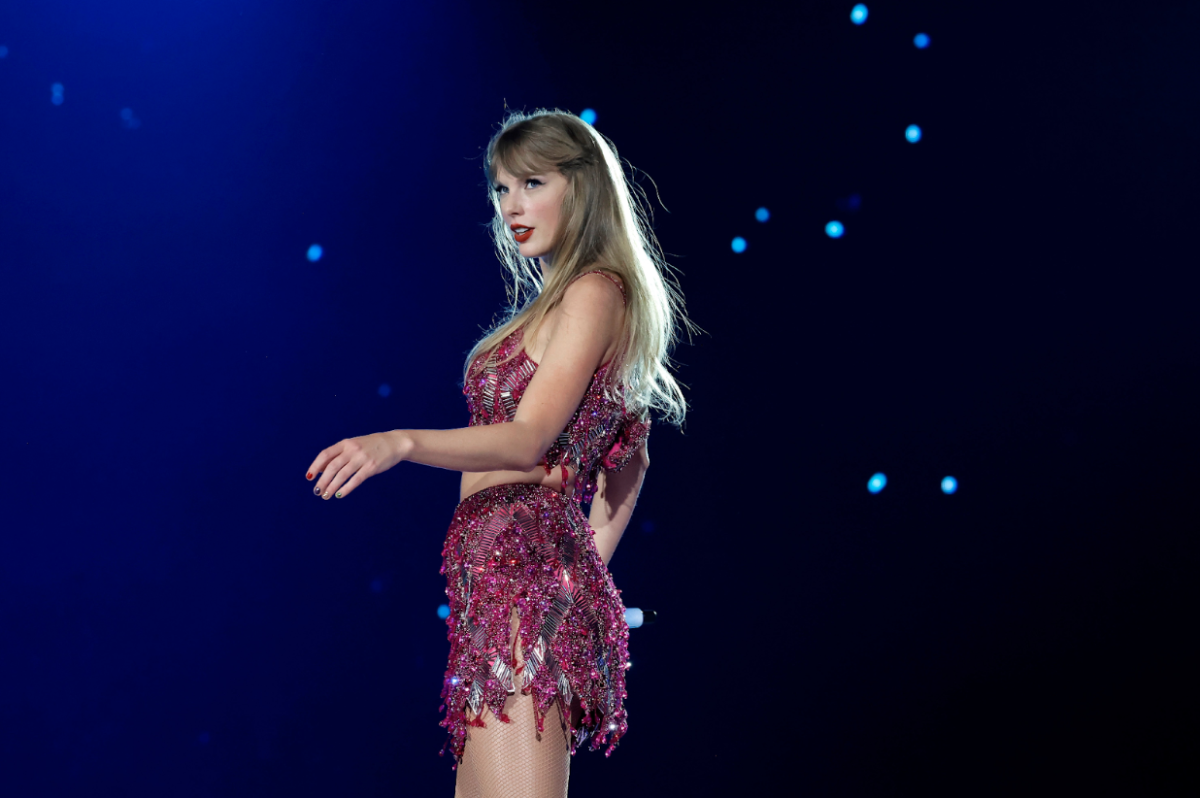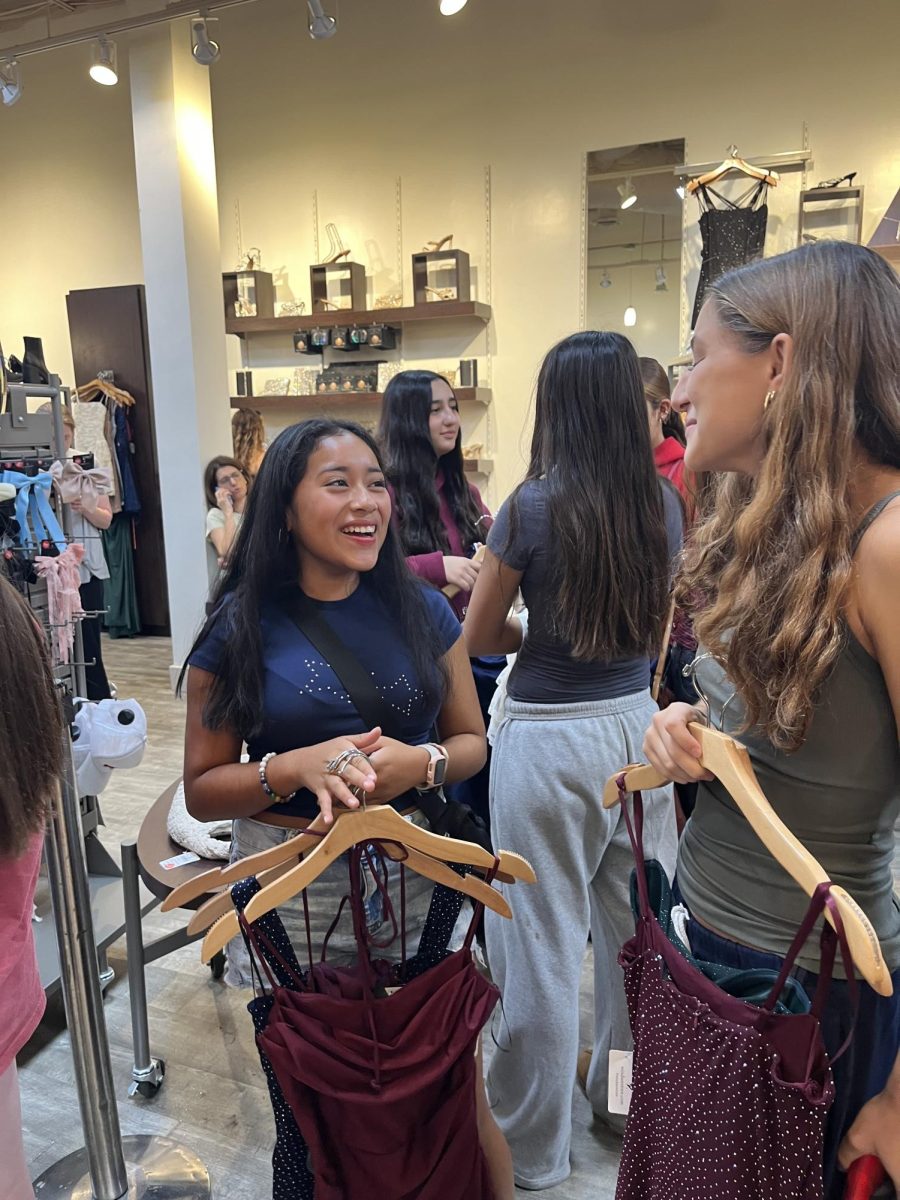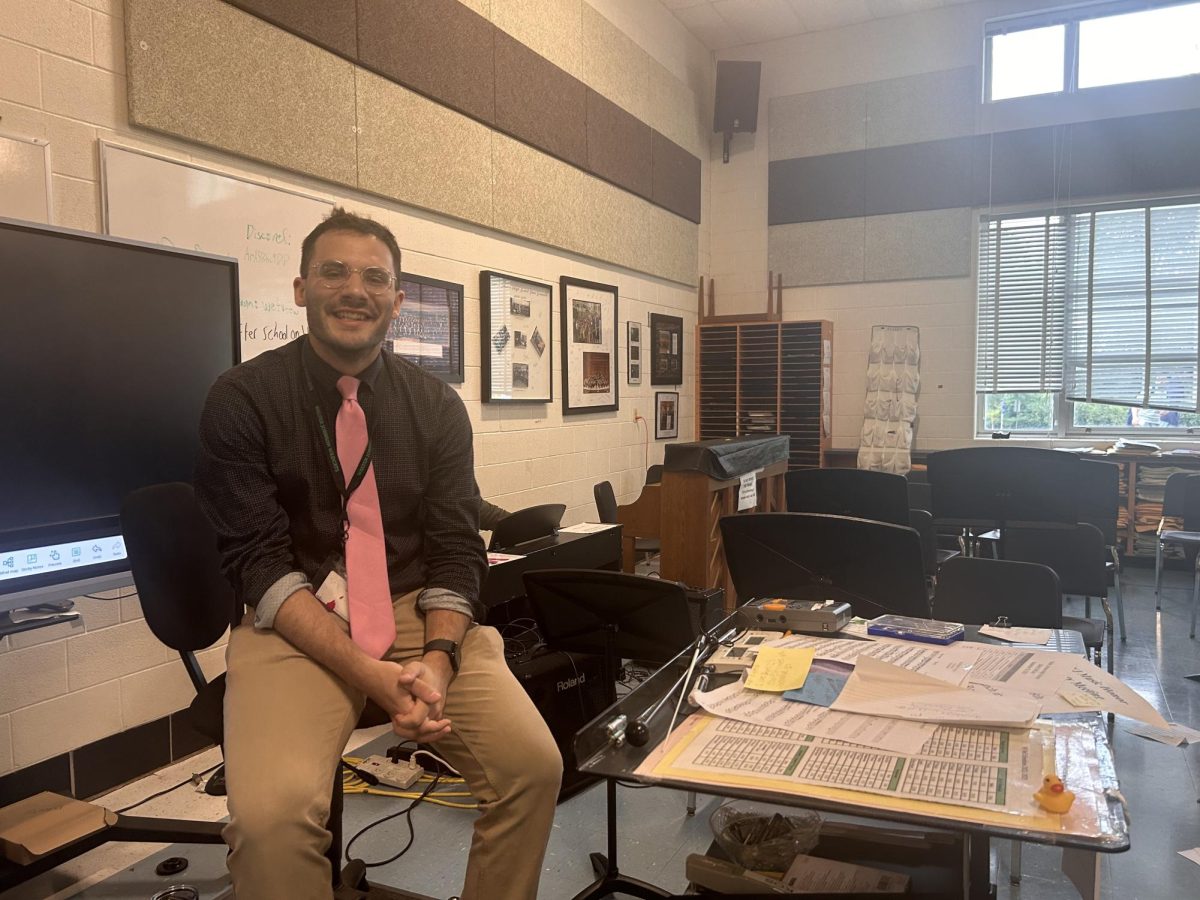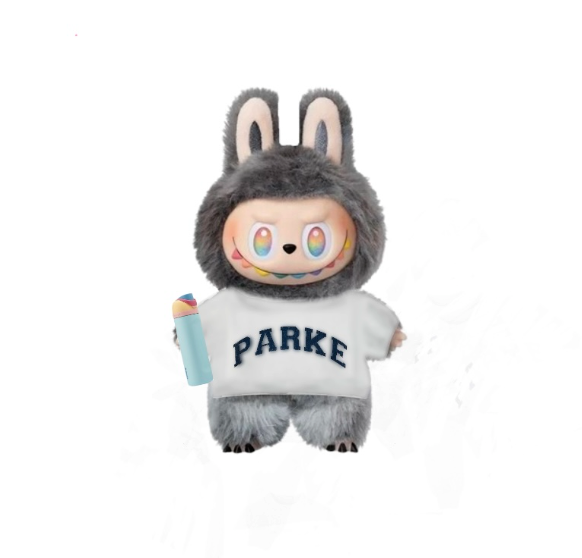On the steps of the Met in present-day Upper Eastside Manhattan, a group of preppy, private school teens sit together. This is a familiar setting from the 2007 hit show “Gossip Girl,” but as the camera approaches the group, unfamiliar faces take the screen instead of known stars Blake Lively and Leighton Miester. Television reboot culture is growing in popularity in Hollywood, and the widespread audience has conflicting reactions.
Nowadays, several old TV shows are getting rebooted or acquiring a spin-off series, which can often be described as recycling or repackaging content for a greater audience and profit. From cartoons such as “Rugrats” to dramas and science fiction such as “The Twilight Zone,” producers are taking popular works and continuing to generate money from them.
People frequently rewatch childhood TV shows for the nostalgic feeling, and they are often the target audience for these reboots. The familiarity of the content provides a comforting aspect that viewers often crave and obsess over, especially now during tough times.
“It’s so much easier to turn on something that I’ve seen before than start a whole new series. During the pandemic, I rewatched a lot of old childhood Disney shows for comfort,” freshman Bella Relacion said.
Some TV viewers long for simpler times, and reboots help them rekindle feelings from the past. Producers of TV programs can usually expect a guaranteed audience from old content that is given a slightly different, but contemporary spin. For example, some of the reboots that WJ students have enjoyed include “Fuller House,” “Degrassi,” “Gilmore Girls” and “Dynasty.” Shows that represent a variety of genres often appeal to a broader audience, which can lead to better ratings and more advertisers.
These new versions of shows have lots of media pressure to be as good as, or even better, than the original. With the hopes of being relatable, directors often infuse pop culture references into the story lines or dialogue, which can be hit-or-miss with critics and viewers.
“I watched the first episode of the “iCarly” reboot and it was kind of cringey. The characters are so much older and the dialogue references to trendy things made the show almost unwatchable,” junior Charlotte Brown said.
Different aspects of film have changed tremendously from the past. We now have better cameras, advanced editing software and access to greater geographic areas and studios for filming. Newer technology can interfere with the nostalgia and the mood of the original work, but have made them more stylistically modern.
Rebooting shows also requires additions to the storyline that may not always be necessary or even well done. Consequently, rebooting runs the risk of altering the essence of a program.
“Some shows were meant to end after their last season. I personally don’t like when certain shows have reboots that add onto the original series, because it can ruin the initial plot and story,” senior Maddie Poersch said.
There are countless old television favorites that would be problematic now because of casting, dialogue, costumes or other elements of the show. Networks and production companies have taken the opportunity to reboot these old shows and make them more inclusive. In the original “Gossip Girl,” there was a lack of racial diversity and representation of queer identities, but the reboot (2021) improves upon its previous flaws.
In 2021, content networks are continuously announcing television reboots. It will be interesting to see which reboots garner praise from TV viewers and media critics, and which ones won’t survive beyond the first season.









